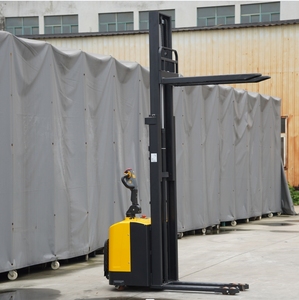
All categories
Featured selections
Trade Assurance
Buyer Central
Help Center
Get the app
Become a supplier

(Có 5 sản phẩm)


































Chọn từ những thứ nổi bật. xưởng đúc Ningbo có sẵn tại Alibaba.com và trải nghiệm kết quả ngoạn mục. Các. xưởng đúc Ningbo nằm trong một bộ sưu tập rộng rãi xem xét nhu cầu và sở thích của những người dùng khác nhau. Do đó, bạn sẽ tìm thấy cách thích hợp nhất để giải quyết các yêu cầu đúc của mình. Bạn có thể sử dụng. xưởng đúc Ningbo dùng cho các ứng dụng cá nhân hoặc thương mại do tính linh hoạt và khả năng ứng dụng của chúng trong các lĩnh vực khác nhau.
Được sản xuất bằng công nghệ tiên tiến, xưởng đúc Ningbo có hiệu quả cao trong việc tạo phôi chính xác. Chúng được lắp ráp bằng vật liệu chắc chắn, có độ bền đáng kinh ngạc để tạo ra khối lượng lớn. Các. xưởng đúc Ningbo cũng có khả năng chống ăn mòn và các phản ứng hóa học khác một cách đáng kinh ngạc để ngăn chặn sự xuống cấp không cần thiết. Bởi vì quá trình đúc là duy nhất cho những người khác nhau,. xưởng đúc Ningbo tại Alibaba.com có nhiều kiểu dáng và kích cỡ để cung cấp cho mọi người mua những lựa chọn tốt nhất.
Chất lượng của. xưởng đúc Ningbo là một trong những yếu tố quan trọng nhất mà người mua xem xét. Các nhà cung cấp và nhà cung cấp tại trang web được xem xét kỹ lưỡng để chắc chắn rằng họ đáp ứng tất cả các tiêu chuẩn an toàn và chất lượng để đáp ứng kỳ vọng của người dùng. Các. xưởng đúc Ningbo dễ cài đặt và bảo trì hoàn hảo, làm cho chúng trở thành tùy chọn thiết thực cho nhiều cá nhân và tổ chức. Hiệu quả chi phí của những điều này. xưởng đúc Ningbo thật tuyệt vời, đặc biệt là vì độ bền và hiệu suất hoàn hảo của chúng.
Hãy tận dụng những gì tốt nhất. xưởng đúc Ningbo tại Alibaba.com và trải nghiệm giá trị đồng tiền vô song. Bằng cách đáp ứng và vượt qua sự mong đợi của bạn, bạn sẽ nhận ra rằng những vật phẩm này hoàn hảo cho hoạt động đúc của bạn. Ngoài việc tiết kiệm thời gian, bạn sẽ được trải nghiệm dịch vụ khách hàng và mua sắm trực tuyến hoàn hảo.